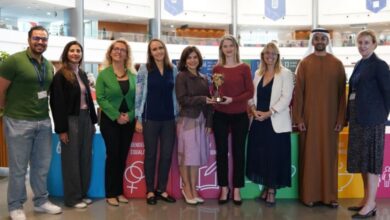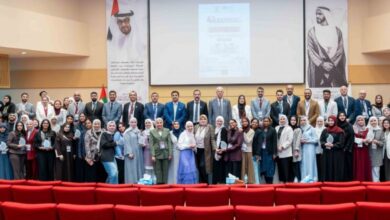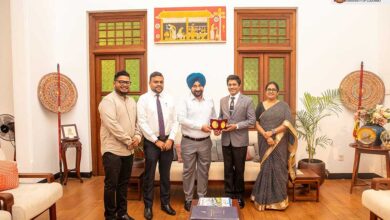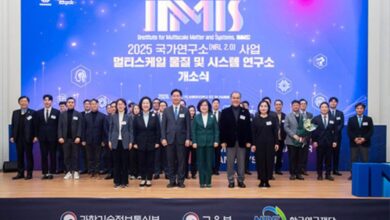NUS Advances Synthetic Biology to Drive a Sustainable Future
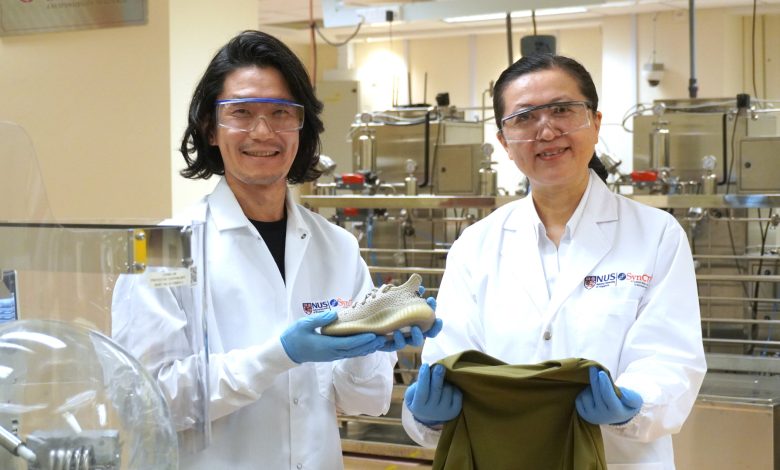
The National University of Singapore (NUS) is initiating advancements in synthetic biology, with the objective of enhancing green manufacturing in Singapore. An investment of approximately S$120 million is planned over the next six years to support this initiative, recognized as a vital element of NUS’s innovation ecosystem. The initiative aims to deliver transformative benefits across multiple sectors within the nation.
Synthetic Biology’s Potential
Synthetic biology has the potential to transform conventional manufacturing processes that currently rely on petrochemicals, which are known contributors to climate change. By focusing on the design and engineering of biological systems, synthetic biology intends to develop more efficient and environmentally sustainable processes and products. This transition could significantly lessen environmental impacts while advancing sustainability in industries such as food, textiles, flavors, and fuels.
Leadership and Vision
Professor Liu Bin, NUS Deputy President for Research and Technology, noted that this initiative aims to position Singapore at the forefront in addressing global issues such as food security and sustainable development. The focus will be on fostering partnerships within the industry, developing a skilled workforce, and supporting innovative startups to promote economic growth in Singapore.
Central Initiative: SynCTI
Central to this initiative is the NUS Synthetic Biology for Clinical and Technological Innovation (SynCTI), which was established in 2014. Associate Professor Matthew Chang, the director of SynCTI, highlighted that NUS has developed substantial capabilities and established connections over the past decade. The institute is now prepared to engage with a variety of academic, research, and industry stakeholders to utilize the rapidly advancing field of synthetic biology.
Strategies for Advancement
NUS has proposed several strategies to advance Singapore’s synthetic biology agenda, including the establishment of a national SynBio initiative designed to enhance the biomanufacturing sector. This initiative aims to encourage collaboration across the nation to maximize the potential of synthetic biology in green manufacturing.
Global Collaborations
Furthermore, NUS plans to collaborate with notable global institutions, such as the University of Illinois Urbana-Champaign and Shanghai Jiao Tong University, to explore innovative approaches in food production and efficient conversion of CO2 into biomaterials and biofuels.
Conclusion
With a decade of foundational work by SynCTI, NUS is positioned as a leader in the synthetic biology sector in Singapore, contributing to sustainable economic growth and technological progress.
Source: National University of Singapore news release.

